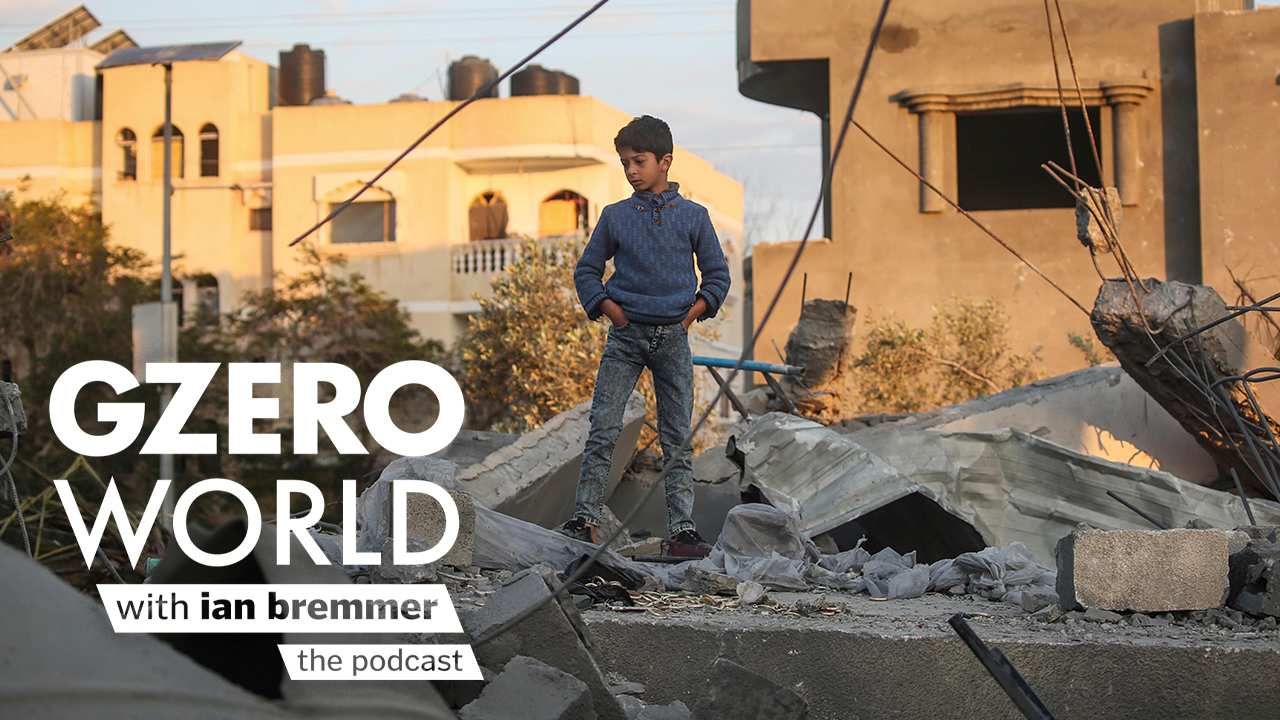News
September 26, 2018
37: Sub-Saharan Africa will account for 37 percent of the world’s births by 2050, according to UN forecasts, up from 27 percent today and 16 percent in the 1990s. The surging birthrate will make Africa’s population the fastest-growing on the planet in coming decades, putting pressure on the continent’s governments to provide economic opportunities, health care, and other essential services for more than a billion new citizens.
34: Donald Trump’s speech at the UN General Assembly on Tuesday clocked in at 34 minutes, longer than the 15 minute voluntary time limit set by the UN, but roughly in line with other recent UN speeches by US presidents. Former Cuban leader Fidel Castro set the record for the longest officially-timed speech at the UN -- 4 hours, 29 minutes -- in 1960, though Indian statesman VK Krishna Menon once spoke for nearly eight hours over the course of two days (and one hospitalization!) in 1957.
32: Turkey’s foreign minister said the country has already spent $32 billion feeding, sheltering and educating refugees, including more than 3.5 million Syrians displaced by the country’s long civil war. A looming Syrian assault on a rebel stronghold near the Turkish border threatens to swell those refugee numbers further.
5: After serving a 30-day jail sentence, Russian opposition figure Aleksei Navalny was free for just five seconds before being taken back into police custody on charges of organizing illegal street protests. Amnesty International estimates that Navalny, an anti-corruption campaigner who has become the highest-profile domestic critic of Russian President Vladimir Putin, has served 110 days in jail over the past year, mostly for administrative infractions.
More For You
Most Popular
Think you know what's going on around the world? Here's your chance to prove it.
President Donald Trump delivers an address to the nation from the Diplomatic Reception Room of the White House, in Washington, D.C., U.S. Wednesday, Dec. 17, 2025.
Doug Mills/Pool via REUTERS
Less than one day after US President Donald Trump declared a military blockade of sanctioned oil tankers from Venezuela, he addressed the nation during a rare primetime speech – but didn’t talk about Venezuela.
Indian Prime Minister Narendra Modi isn’t necessarily known as the greatest friend of Muslim people, yet his own government is now seeking to build bridges with Afghanistan’s Islamist leaders, the Taliban.
© 2025 GZERO Media. All Rights Reserved | A Eurasia Group media company.
